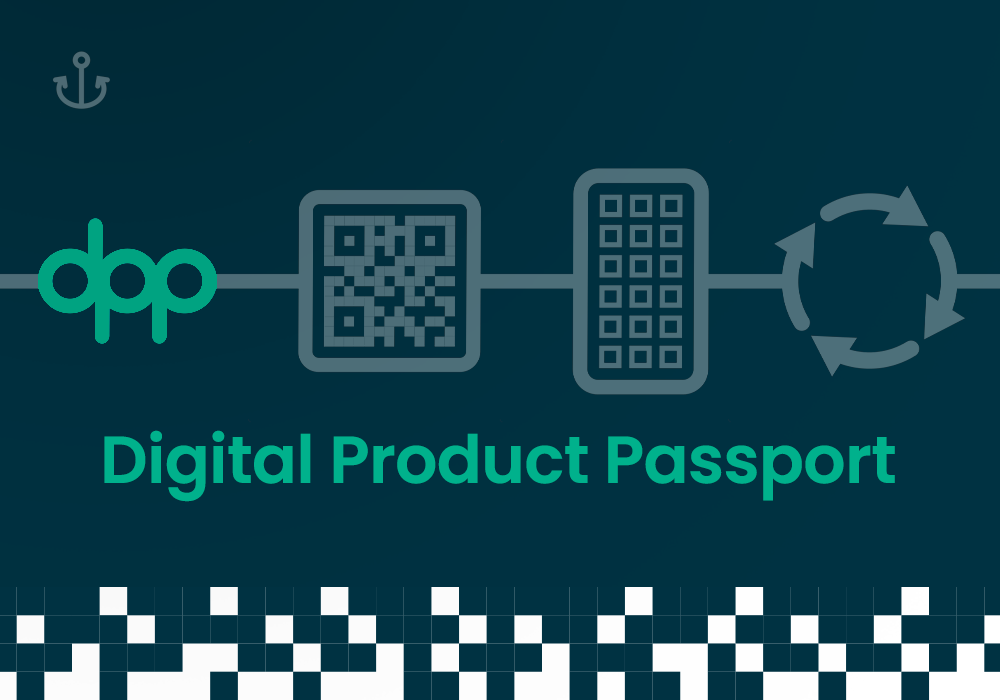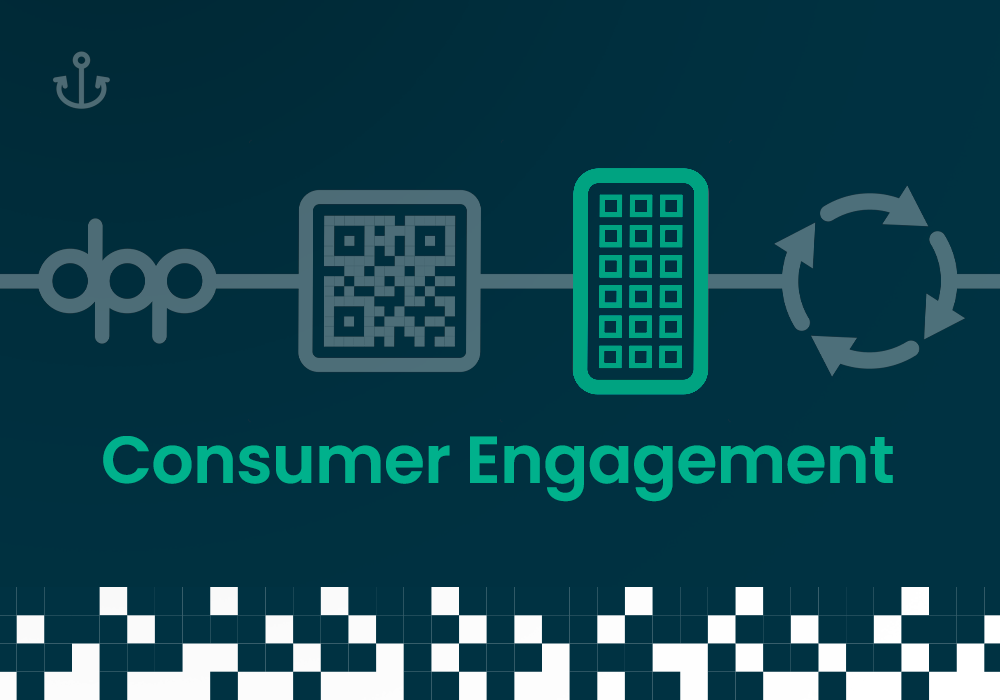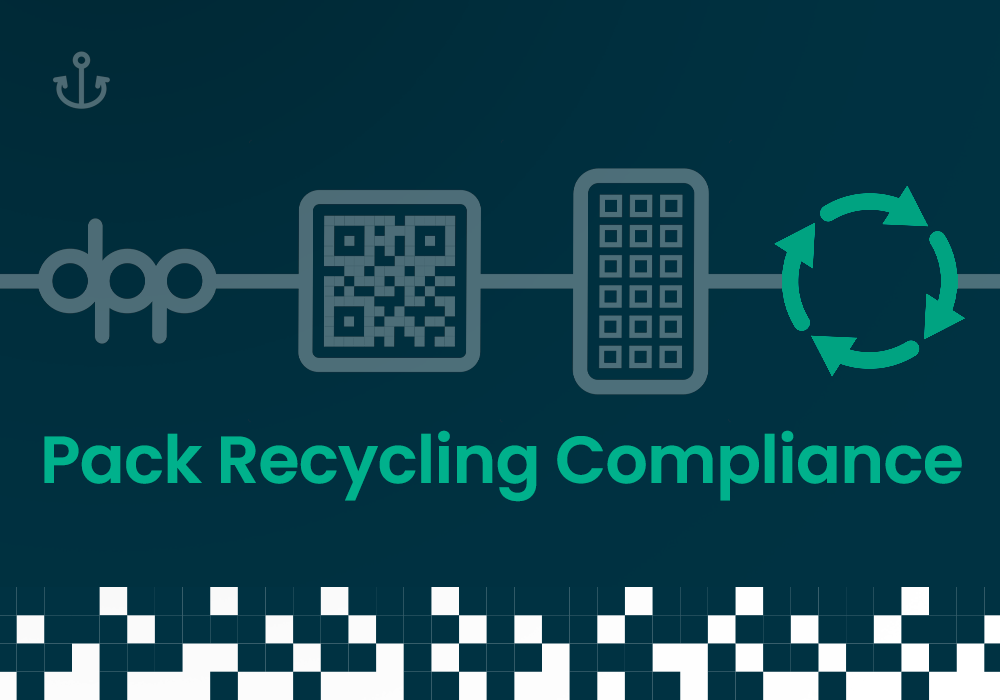Circular Economy Exchange: From Compliance to Cultural Shift
On 14th May 2025, co-founder Jonathan Sparkes from Buyerdock facilitated thought leaders, researchers, and sustainability professionals gathered at St Anne’s Church. The session explored the future of sustainable consumption, with insights from the recent SCORAI conference in Lund.
The Role of Digital Product Passports
A key topic was the Digital Product Passport (DPP) and how it should be presented. While some attendees argued that DPPs should stick to regulation only, others questioned how to verify the information they deliver. As Dr Jacobi noted, research shows consumers value products more when given transparent detail—suggesting DPPs can offer both ethical and commercial benefits.
Trust, Certification and the Risk of Greenwashing
The discussion shifted to consumer trust. The Butterfly Mark was presented as an example of credible certification in fashion—only brands scoring over 50% on sustainability criteria can use it.
Gen Z was identified as a key driver of supply chain transparency, but Dr Jacobi cautioned that sustainability messaging must be handled carefully to avoid greenwashing.
Behavioural Change: From Awareness to Action
Dr Erik Jacobi went on to explain that sustainable behaviour isn’t just about knowledge—it’s about motivation and access. Dr Jacobi’s framework for enabling circular practices includes three pillars:

- Competence – People need the skills and understanding to participate.
- Meaning – Practices must align with personal or cultural values.
- Materials – Infrastructure and tools must be available to make change possible.
This framework highlights a deeper truth: lasting behavioural change is psychological, practical, and cultural.
Fashion Waste and Global Impact

Cultural stigma around second-hand clothing and the environmental issues linked to fast fashion were also discussed. Romania was cited as an example, where clothing waste is burned for heat—leading to health concerns. In contrast, Copenhagen’s waste-to-energy model shows how waste and energy challenges can be tackled together.
Final Thoughts
The Exchange made one thing clear: true circularity requires collaboration across sectors. From verified product data to shared responsibility, we must shift from surface-level compliance to systems that support meaningful, sustainable change.
Want to join the conversation?
We’ll be continuing this discussion at our next Circular Economy Exchange on 11th June 2025, again at St Anne’s Church, London. Buyerdock invites anyone working in sustainability, policy, business or design to take part.
Lead by: Berkly Anne Reilly, a final-year student at Kingston University, she is exploring the global textile waste crisis as part of her Capstone Project. Her research highlights both the scale of the issue and the emerging solutions—from recycling innovations to circular design.
Topic: The fashion industry’s multiple pollution problems and what can be done to clean up the big mess.






